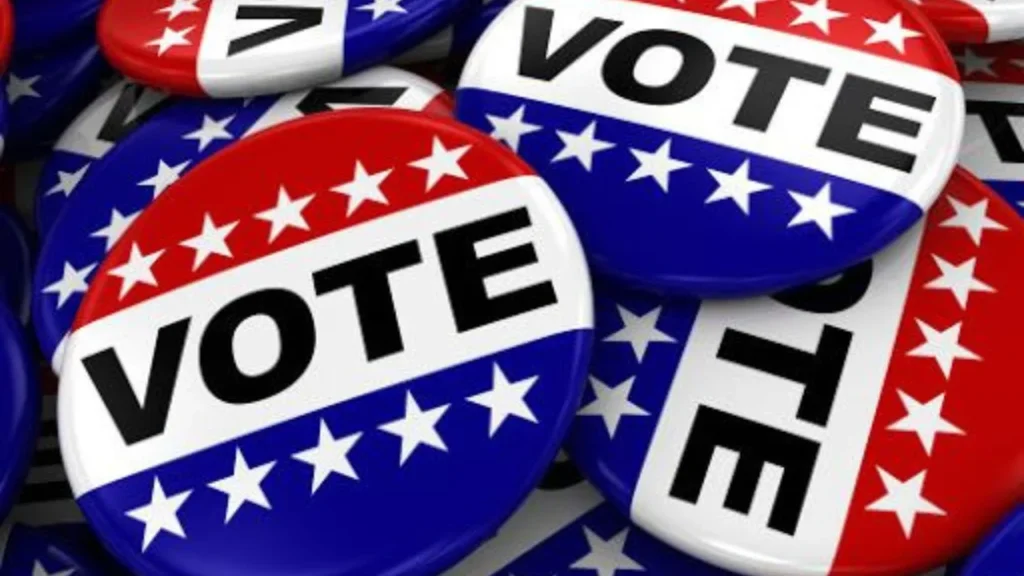A renewed push for expanding voting rights to 16-year-olds is gaining traction worldwide. Driven by recent successes in countries where youth turnout has outperformed expectations. Advocates argue that allowing younger citizens to participate in elections could strengthen democracies and drive long-term political engagement.
Countries That Lowered Voting Age Report Higher Youth Participation
Nations like Austria, Brazil, and Wales have already implemented voting rights for 16 and 17-year-olds, and early data suggests it has yielded positive results. In Austria, where the policy was introduced in 2007, turnout among teenagers has equaled or even surpassed that of older first-time voters. Wales, which allowed 16-year-olds to vote in its 2021 elections, also saw a strong level of engagement from younger voters.
These examples challenge the perception that younger voters are disinterested in politics. Instead, it appears that when given the opportunity, teenagers are eager to participate and take their civic responsibilities seriously.
Critics Raise Concerns, But Evidence Counters Assumptions
Opponents often question whether 16-year-olds possess the maturity or knowledge needed for voting. However, political scientists point to research showing that teenagers are just as capable of making informed decisions as adults, especially when supported by civic education.
Moreover, lowering the voting age may encourage political parties to pay more attention to younger voters and their priorities. Issues like climate change, education reform, and digital privacy are often front and center for this age group, yet underrepresented in traditional policy agendas.
A Growing Global Movement Due to Vote
Momentum for change is growing beyond a few pioneering countries. Discussions around lowering the voting age have surfaced in Canada, the United Kingdom, and Germany. Several states in the US have also explored local-level reforms to include younger voters in school board and municipal elections.
Supporters argue that involving 16-year-olds in democratic processes early can build habits of participation that last a lifetime. Studies suggest that voting is habit forming those who vote in their first eligible election are more likely to continue voting throughout adulthood.
The debate over voting age reflects a larger question about how democracies evolve and adapt to new generations. As political engagement becomes increasingly digital and youth activism shapes global movements. Traditional ideas about age and maturity may need to be revisited. With early examples proving successful and more governments open to dialogue, expanding voting rights to 16-year-olds could be the next significant shift in how representative systems function around the world.





















